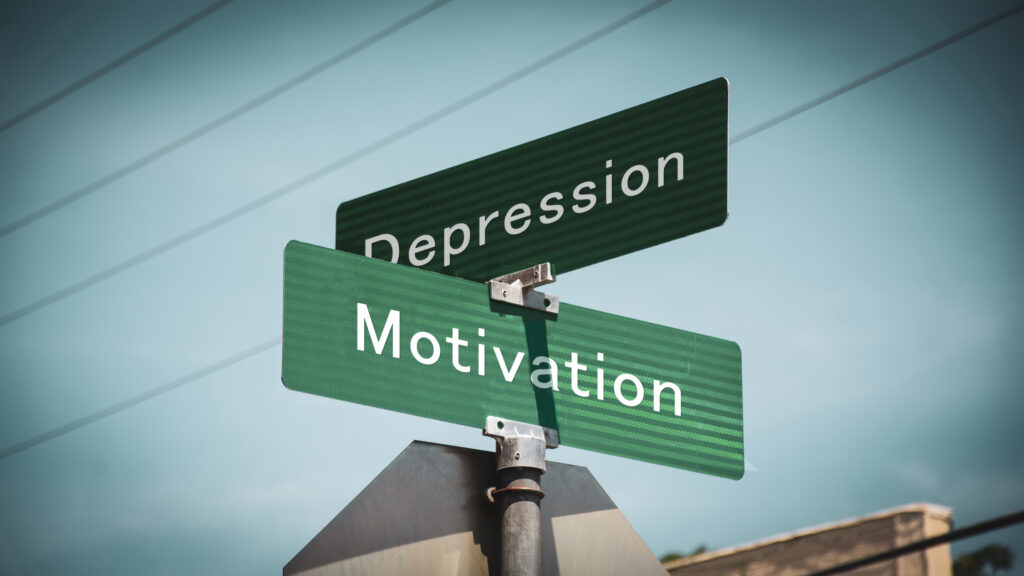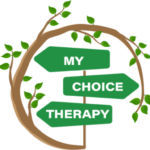
Depression is a complex and often debilitating mental health condition that affects millions of people worldwide. It goes beyond feeling sad or having a bad day; depression can profoundly impact a person’s thoughts, feelings, and daily functioning. Recognizing the signs of depression and understanding its various forms is essential for seeking appropriate treatment. Psychotherapy, or talk therapy, has proven to be one of the most effective approaches for managing and alleviating the symptoms of depression, offering hope and a path to recovery.
What Is Depression?
Depression is a mood disorder characterized by persistent feelings of sadness, hopelessness, and a lack of interest or pleasure in activities once enjoyed. It is more than just a temporary emotional response to life’s challenges; it is a long-lasting condition that can interfere with a person’s ability to function in their daily life.
Key Symptoms of Depression Include:
- Persistent Sadness: A deep, unshakable sadness that lasts for most of the day, nearly every day.
- Loss of Interest or Pleasure: A noticeable decrease in interest or pleasure in activities that were once enjoyable, including hobbies, social interactions, and even work.
- Fatigue and Low Energy: Feeling tired and drained, even with sufficient rest, making it difficult to carry out daily tasks.
- Sleep Disturbances: Experiencing insomnia (difficulty sleeping) or hypersomnia (sleeping too much).
- Changes in Appetite: Significant weight loss or gain due to changes in appetite, often accompanied by a lack of motivation to eat or overeating as a coping mechanism.
- Feelings of Worthlessness or Guilt: Overwhelming feelings of worthlessness, guilt, or self-blame, often disproportionate to the situation.
- Difficulty Concentrating: Trouble focusing, making decisions, or remembering things, which can affect work or school performance.
- Thoughts of Death or Suicide: Recurrent thoughts of death, suicidal ideation, or actual suicide attempts.
Types of Depressive Disorders
- Major Depressive Disorder (MDD)
- Description: MDD, also known as clinical depression, is the most common form of depression. It involves a combination of symptoms that interfere with a person’s ability to work, sleep, study, eat, and enjoy life. These symptoms must be present for at least two weeks for a diagnosis to be made.
- Impact: MDD can lead to significant impairment in daily functioning, making it challenging to maintain relationships, hold a job, or even get out of bed.
- Persistent Depressive Disorder (PDD)
- Description: Also known as dysthymia, PDD is a chronic form of depression where individuals experience a low mood for at least two years. While the symptoms are generally less severe than those of MDD, they are long-lasting and can significantly affect quality of life.
- Impact: PDD can lead to ongoing challenges in daily functioning, making it difficult to experience joy or satisfaction in life.
- Bipolar Disorder
- Description: Bipolar disorder involves mood swings that range from depressive lows to manic highs. During the depressive phase, individuals experience symptoms similar to those of MDD. These phases can alternate with periods of mania or hypomania, characterized by elevated mood, energy, and activity levels.
- Impact: The extreme mood fluctuations can disrupt relationships, work, and overall stability, making it essential to manage both the depressive and manic phases effectively.
- Seasonal Affective Disorder (SAD)
- Description: SAD is a type of depression that occurs at specific times of the year, usually during the winter months when there is less natural sunlight. It is often accompanied by increased sleep, weight gain, and a craving for carbohydrates.
- Impact: SAD can lead to significant disruptions in daily life during certain seasons, affecting mood, energy levels, and overall well-being.
- Postpartum Depression
- Description: Postpartum depression occurs in some women after giving birth. It involves feelings of extreme sadness, anxiety, and exhaustion that can interfere with a new mother’s ability to care for her baby and herself.
- Impact: Postpartum depression can strain relationships and affect the mother’s bond with her child, making early intervention crucial.
How Psychotherapy Can Help
Psychotherapy is a powerful tool in treating depression and depressive disorders. It provides individuals with a safe space to explore their feelings, identify negative thought patterns, and develop coping strategies. Here are some of the ways psychotherapy can help:
- Cognitive-Behavioral Therapy (CBT)
- How It Helps: CBT is one of the most widely used therapies for depression. It helps individuals identify and challenge negative thought patterns that contribute to their depression. By replacing these thoughts with more balanced and realistic ones, individuals can change their outlook and improve their mood. CBT also incorporates behavioral strategies to encourage engagement in activities that provide a sense of achievement and pleasure.
- Interpersonal Therapy (IPT)
- How It Helps: IPT focuses on improving interpersonal relationships and resolving issues that contribute to depression. It helps individuals understand the connection between their relationships and their emotional state, and develop skills to communicate more effectively, resolve conflicts, and build stronger social support networks.
- Mindfulness-Based Cognitive Therapy (MBCT)
- How It Helps: MBCT combines traditional cognitive therapy with mindfulness practices. It helps individuals become more aware of their thoughts and feelings in the present moment without judgment. This awareness can prevent the escalation of negative thoughts and reduce the likelihood of relapse in those who have recovered from depression.
- Behavioral Activation Therapy
- How It Helps: This therapy focuses on helping individuals engage in activities that are meaningful and rewarding. By breaking the cycle of inactivity and withdrawal that often accompanies depression, behavioral activation can help individuals rediscover pleasure and purpose in their lives.
- Psychodynamic Therapy
- How It Helps: Psychodynamic therapy explores the unconscious processes and past experiences that may contribute to current depressive symptoms. By gaining insight into these underlying issues, individuals can better understand the root causes of their depression and work through unresolved emotions.
- Supportive Therapy
- How It Helps: Supportive therapy provides a non-judgmental space where individuals can express their feelings and concerns. It offers emotional support, encouragement, and validation, which can be particularly beneficial during times of crisis or when other forms of therapy are being implemented.
- Family or Couples Therapy
- How It Helps: Depression often affects not just the individual but also their relationships. Family or couples therapy can help address issues within the family dynamic or relationship that may be contributing to or exacerbating depression. It can also provide loved ones with the tools to offer better support.
